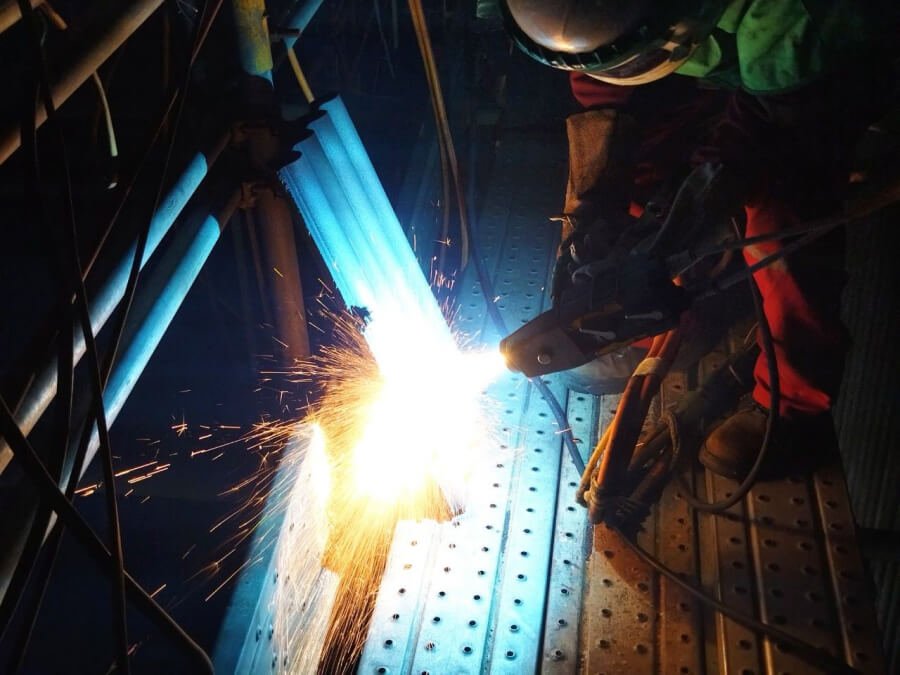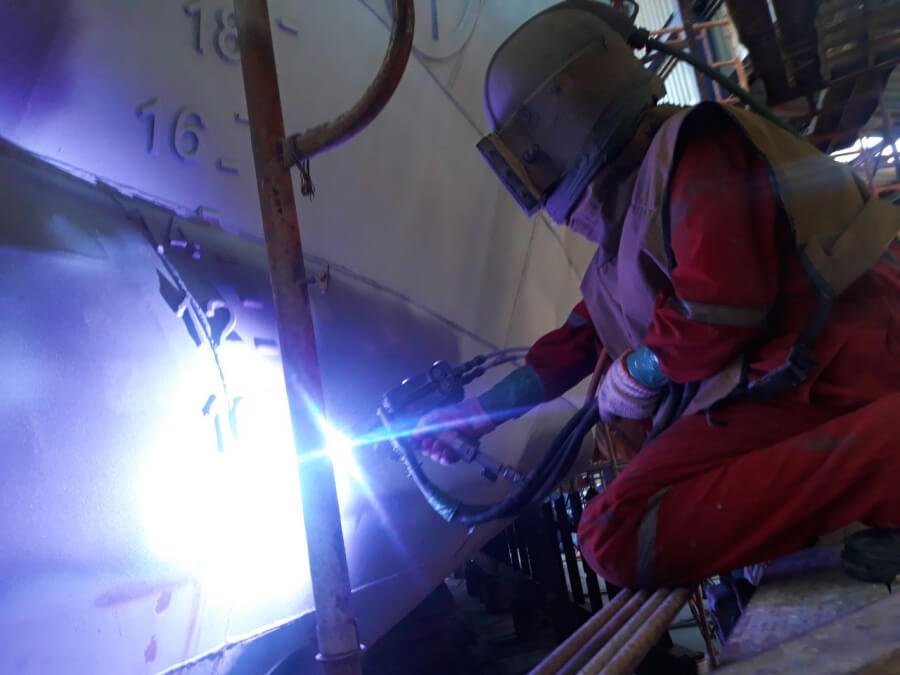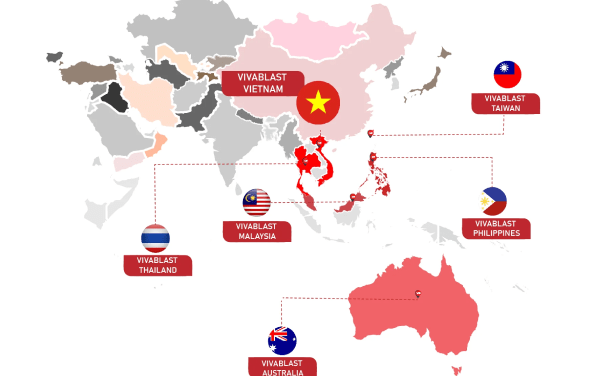What is metallization, and why is metallization important to industries? Metallization is a general term that refers to applying a metallic coating to a metal or other non-metallic surface. Depending on the intended use, the coating may include metals such as zinc, gold, aluminum, or silver.
1. The importance of metallization and its application in the industries
The metallization process can protect the metal from external forces, improve the appearance of an object, or enhance the functionality of the finished product. Currently, many industries apply metallization processes.
1.1 What metallization is and why it’s important to metalwork
Metallization is the general term used for the technique of coating metal onto the surface of an object through a thermal spray coating method. There are many different metallization processes, including HVOF, plasma spray, cold spray, flame spray, and twin wire arc spray.The metallization process begins with the preparation of the object’s surface. A metal wire is melted in a metallization injection device to become molten. The clean and compressed air then atomizes the material, and the air then transports the atomized metal to the product’s surface to form a coating. Metallization is a cold process because the metallic material is sprayed onto the object’s surface rather than dipping and galvanizing, reducing the damage during the coating process.
1.2 Learn about the variety of metallization processes
Based on general practice, metallization includes various types:
- Hot-dip galvanizing: This process involves dipping a steel base into a vat of molten zinc. Zinc reacts with iron in the steel to form an alloy coating that protects against corrosion. After removing the substrate from the zinc bath, the substrate will then undergo drainage or vibration to remove excess zinc. The galvanizing process will continue after removing the substrate until it cools.
- Thermal spray: In this process, the metal will be heated to spray onto the object’s surface. Metals in powder or wire form are melted or semi-melted to become microscopic particles. The thermal spray method applies to thick coatings and high metal deposition rates.
- Zinc spray: Zinc is a versatile, low-cost material and acts as a barrier preventing corrosion from the surface of the substrate. Galvanizing produces a slightly porous, less dense coating than hot-dip galvanizing. Zinc spraying can be applied to most steels. However, the limitation of this method is that it cannot consistently reach concave areas or cracks.
- Cold spray: The cold spray technique is commonly used for long-term corrosion protection applications. The process requires spraying a mixture of metal powder, a water-based binder, and a hardener. The mixture is sprayed onto the surface at room temperature. The object is left to rest for about an hour, then it will be dried at temperatures ranging from about 70°F to 150°F for 6-12 hours.
Learn more about What’s the difference between Cold Galvanizing and Hot Galvanizing?

1.3 The metallization process is widely used because of the following benefits
There are many benefits that metallization brings to your project:
- Withstands extreme weather: Steel on outdoor structures is susceptible to weather effects such as rain, wind, and sun over time. The metallization process provides a protective coating that creates a barrier between the underlying structure and the elements, prolonging the structure’s life and maintaining its appearance.
- Increased durability: Most metal coatings are known for their ability to adhere to the surface of the workpiece or the underlying substrate. They are less likely to peel, blister, crack or peel than other finishes, increasing the durability of the surface.
- Reduced maintenance costs: Painted surfaces need periodic repainting to preserve the finish, and metal-coated surfaces will not require repainting or curing, resulting in lower maintenance costs. Like paint, metallic coatings are available in many attractive colors to meet aesthetic requirements.
- Enhanced corrosion resistance: Rust is a common problem with most metals, especially steel. The metallization process can create a protective coating that prevents the development of red or white rust, increasing the product’s lifespan to 20 years or more.
- Provides conductivity: One problem with working with ductile materials is that they do not conduct electricity. Metallizing the surface of the plastic will allow it to pass an electric current, which is an important manufacturing step in the electronics industry.
1.4 The application of metallization in the modern industries
Metallization is widely used to enhance the corrosion resistance of materials in most fields. Metallization is applied in many industries, such as oil and gas, solar energy, aeronautics, aeronautics and space, electric power, automobiles, etc.
Learn more about What are roof top solar systems and their benefits to life and production?
2. What types of materials can be used for the metallization process?
Aluminum is considered to be the most ideal material for metallization. Although bronze and silver provide higher conductivity than aluminum. However, the cost for silver will be pretty high, while bronze can be corroded by oxidation. To choose the suitable material for metallization, you should talk to the experts in the field to determine the suitable material for your needs. Experts will know how to calculate costs to optimize costs and choose the right materials for the project. We hope that the content of metallization in this article has provided you with practical, useful information so you can choose the right method for your project. If you are still in the process of finding an expert in this field, please contact VIVABLAST. We are confident that we will bring you quality service at the most optimal cost. Please contact us via:
We hope that the content of metallization in this article has provided you with practical, useful information so you can choose the right method for your project. If you are still in the process of finding an expert in this field, please contact VIVABLAST. We are confident that we will bring you quality service at the most optimal cost. Please contact us via:
- Phone: (+ 84-28) 38 965 006/7/8
- Fax: (+ 84-28) 38 965 004
- Email: vivablast@vivablast.com



